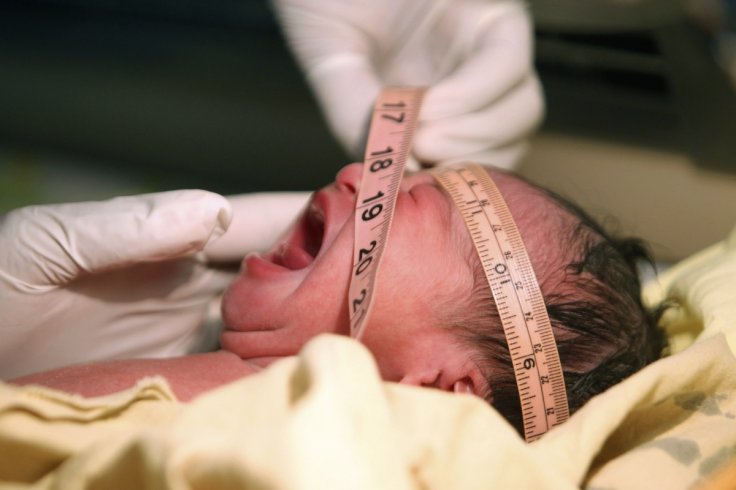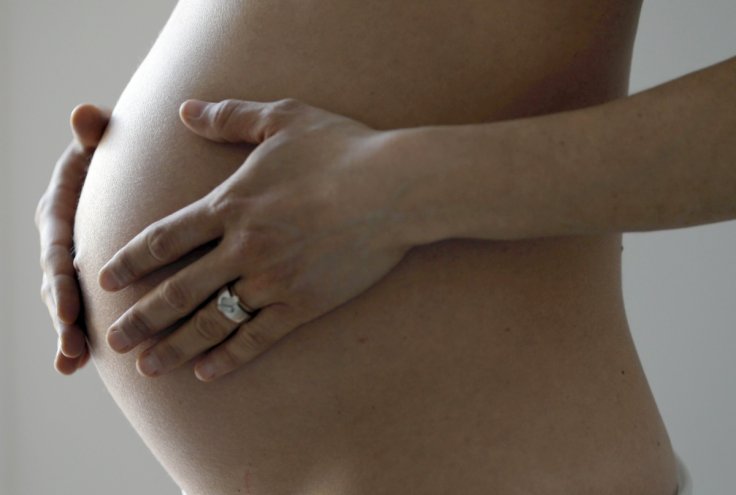Italian researchers revealed on Thursday, July 9 that their study of women with COVID-19 who gave birth to babies between March and April, found signs of the Coronavirus in samples of the umbilical cord blood, the placenta and, in one case, breast milk.
They said as per the new evidence, it can be concluded that a pregnant Coronavirus infected woman might be able to spread the disease to her fetus. Lead author Dr. Claudio Fenizia, an immunology specialist at the University of Milan, said it doesn't mean that there is a viable virus in every case and that it is too early to make guidelines or to change child health care.
The next process will include more studies to understand the transmission method. As per Fenizia, who discussed the result of the recent research during an online medical conference, further studies need to be carried out involving women who are infected earlier in their pregnancies. However, as per the updated scientific brief published by the World Health Organization (WHO), the agency also looking at the possibility of COVID-19 transmission from mother to child.
The Spread of Infection in the Womb
From the beginning, doctors and healthcare experts have been keen to know whether the infection spreads in the womb as HIV, Zika and some other viruses have shown the ability to infect fetus. Earlier, some reports from China have suggested the possibility, while some doctors have suspected that the mothers of the babies may have spread the virus during or after the birth.

The Italian study included pregnant women from three hospitals during the peak of the outbreak in the northern part of the country. According to researchers, the genetic material of Coronavirus was found in one umbilical cord blood sample, two vaginal swabs, and one breast milk sample. The study also revealed that there was evidence of specific anti-coronavirus antibodies in umbilical cord blood and in milk.
Coronavirus in Newborn
Fenizia said in one case researchers noticed evidence that a newborn was already COVID-19 positive as "we found the virus in the umbilical cord blood and in the placenta," while in another case, as a newborn was found to have antibodies to the virus that do not cross the placenta which means they did not come from the mother and were "due to direct exposure of the fetus" to the SARS-CoV-2. He added that in any case the possibility of fetal infection seems relatively rare and only two of the babies tested positive for COVID-19.
Dr. Ashley Roman, a pregnancy specialist at NYU Langone Health, said even though the new findings by Italian researchers add new evidence to the possibility of virus transmission in the womb, they maintain that it is still rare and doesn't cause serious problems to the infant. At this point, the most important thing which pregnant women should know is that they don't need to be cut off from society entirely, "but they should be concerned about the impact of getting COVID on their own health during pregnancy," said Roman.

As of now, data showed that over 70.7 million babies have born in 2020 and the number is continuously growing upwards along with the Coronavirus infection cases. The UN agency UNICEF has recommended that the new mothers who have COVID-19 should wear masks while breastfeeding.









